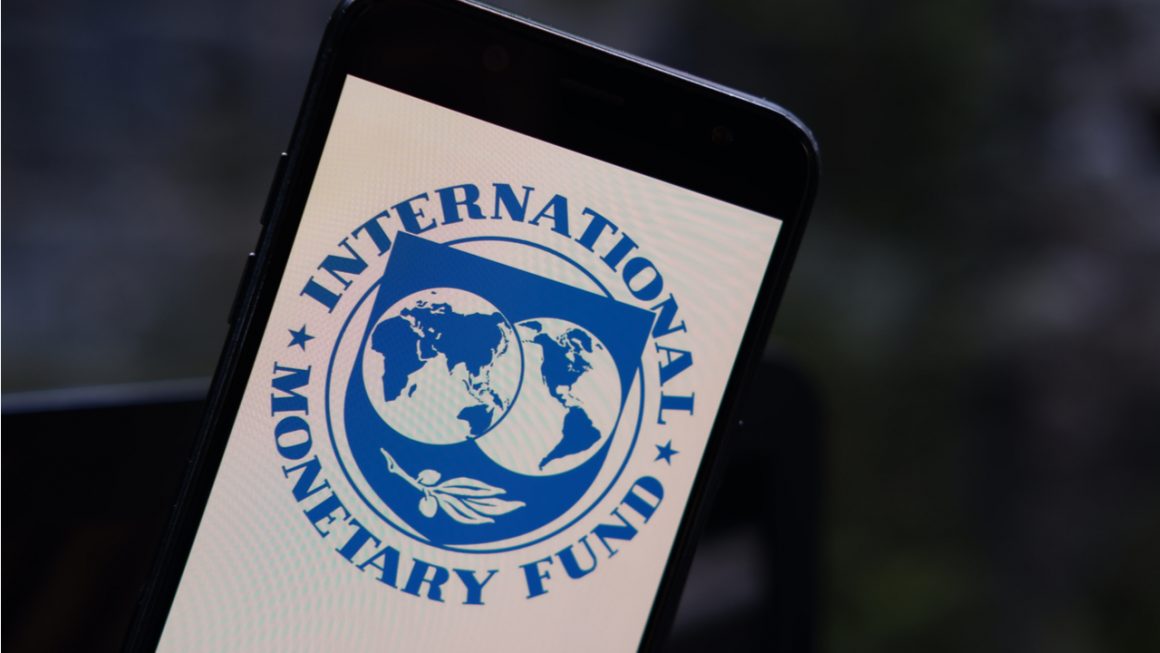The International Monetary Fund (IMF) forecasts that Latin America (Latam) will continue to grow this year despite all the difficulties it is facing, reaching a growth rate of 3%. The agency believes that the economic recovery that Latin America is enjoying after the Covid-19 pandemic will be slowed by several factors, including macroeconomic conditions, rising inflation, and growing social tensions amid energy and food insecurity.
The IMF predicts that Latam will continue to grow
The International Monetary Fund (IMF) has released a series of projections on the difficulties and growth that Latin America may face in the second half of 2022. After examining all variables, the agency predicts that the region will grow 3% in 2022, boosted by economic recovery and the resumption of many industries hit by the Covid-19 pandemic.
This projection surpasses an earlier International Monetary Fund (IMF) projection of only 2.5% growth for the region. However, despite this positive projection, the Fund said that there are a number of factors that will test Latam’s economic performance in the second half of this year.
These factors include the macroeconomic conditions facing the global economy, rising inflation, and social tensions in the region, leading the International Monetary Fund to lower its growth forecast for 2023 to 2.5%.
Changing Global Winds
inflationary pressures and global slowdown are at the forefront of how these factors are deteriorating. Regarding the inflation problem, we expect it to continue to grow and exceed previous records. He stated.
Inflation is… . accelerating across the region on the back of recovering domestic demand, lingering supply chain disruptions, and rising commodity prices.
The fund expects inflation to exceed the central bank’s target range in Brazil, Chile, Colombia, Mexico, and Peru.
All of this panorama will make regulatory and policymaking difficult in the months ahead. Lawmakers will have to strike a balance between economic stability and social policies that aid troubled populations, avoiding social crises and institutional stability issues in the process.
The International Monetary Fund is not alone in its concern about the difficulties facing Latam. The Bank of Spain expressed the same concerns in a recent report, warning that institutional instability could emerge as a result of “the loss of purchasing power that the most vulnerable households have suffered in recent quarters due to rising inflation.”
Image credits: Shutterstock, Pixabay, Wiki Commons, Poetra.RH, Shutterstock.com

